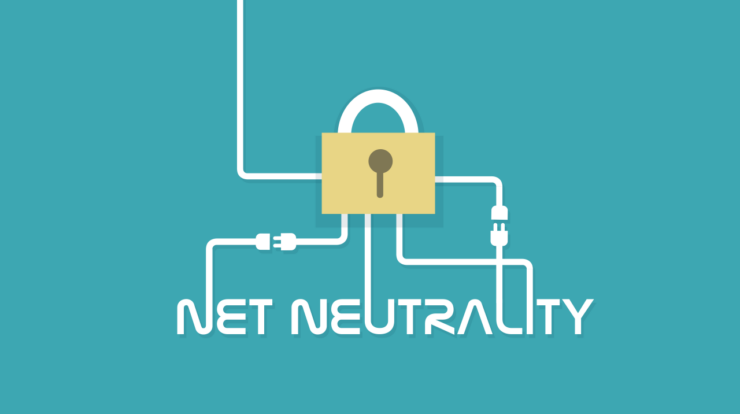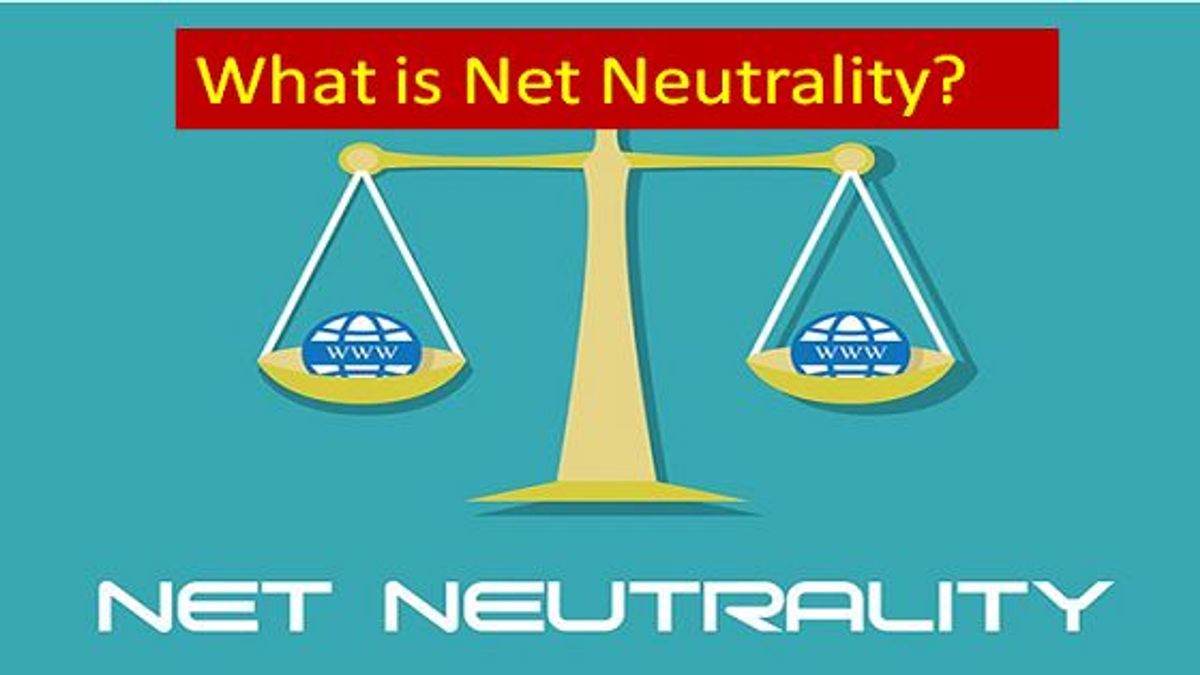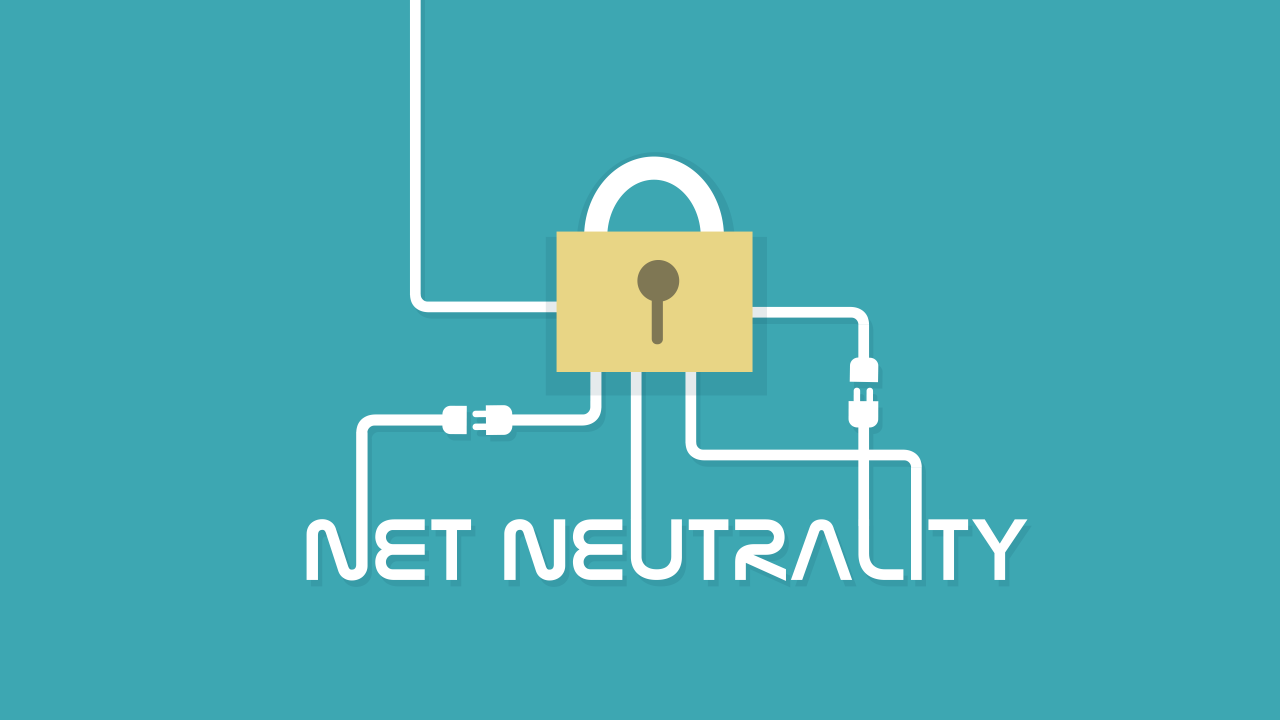
Net neutrality definition – Net neutrality is the principle that all internet traffic should be treated equally, regardless of its source, destination, or content. This means that internet service providers (ISPs) cannot block, throttle, or prioritize certain types of traffic over others.
Net neutrality is essential for maintaining a free and open internet. It ensures that everyone has equal access to information and services, regardless of their income, location, or political views.
Net Neutrality Definition

Net neutrality is the principle that internet service providers (ISPs) should treat all internet traffic equally, without discrimination or prioritization.
This means that ISPs cannot block, throttle, or otherwise interfere with the ability of users to access and use the internet. Net neutrality also prevents ISPs from charging different prices for different types of internet traffic, such as streaming video or downloading files.
Benefits of Net Neutrality
- Promotes innovation: Net neutrality encourages innovation by ensuring that all companies have an equal opportunity to compete in the internet market.
- Protects consumer choice: Net neutrality gives consumers the freedom to choose the websites and services they want to use, without interference from their ISP.
- Ensures a level playing field: Net neutrality prevents ISPs from favoring their own content and services over those of their competitors.
Drawbacks of Net Neutrality, Net neutrality definition
- May reduce investment in broadband infrastructure: Some ISPs argue that net neutrality regulations could discourage them from investing in new broadband infrastructure, as they would not be able to charge higher prices for faster speeds.
- Could lead to congestion: Net neutrality could lead to congestion on the internet, as ISPs would not be able to prioritize certain types of traffic, such as streaming video.
- May stifle innovation: Some argue that net neutrality could stifle innovation by preventing ISPs from experimenting with new pricing models and services.
History of Net Neutrality
The concept of net neutrality has been around for decades, but it only became a major issue in the early 2000s, as broadband internet became more widespread.
In 2005, the Federal Communications Commission (FCC) adopted the first set of net neutrality rules, which prohibited ISPs from blocking or degrading internet traffic.
In 2010, the FCC strengthened its net neutrality rules, prohibiting ISPs from engaging in “unreasonable discrimination” against internet traffic.
In 2015, the FCC adopted the Open Internet Order, which reclassified broadband internet as a telecommunications service, giving the FCC more authority to regulate ISPs.
In 2017, the FCC repealed the Open Internet Order, rolling back the net neutrality rules that had been in place since 2015.
Net Neutrality and Broadband Providers
Net neutrality regulations have a significant impact on broadband providers.
ISPs are required to treat all internet traffic equally, which means they cannot block, throttle, or otherwise interfere with the ability of users to access and use the internet.
ISPs are also prohibited from charging different prices for different types of internet traffic, such as streaming video or downloading files.
These regulations have been controversial, with some ISPs arguing that they stifle innovation and discourage investment in broadband infrastructure.
Last Point

The future of net neutrality is uncertain. However, it is clear that this principle is essential for maintaining a free and open internet. Without net neutrality, ISPs could have the power to control what we see and do online.
FAQ Insights
What is net neutrality?
Net neutrality is the principle that all internet traffic should be treated equally, regardless of its source, destination, or content.
Why is net neutrality important?
Net neutrality is important because it ensures that everyone has equal access to information and services online.
What are the threats to net neutrality?
The biggest threat to net neutrality is ISPs who want to be able to control what we see and do online.





